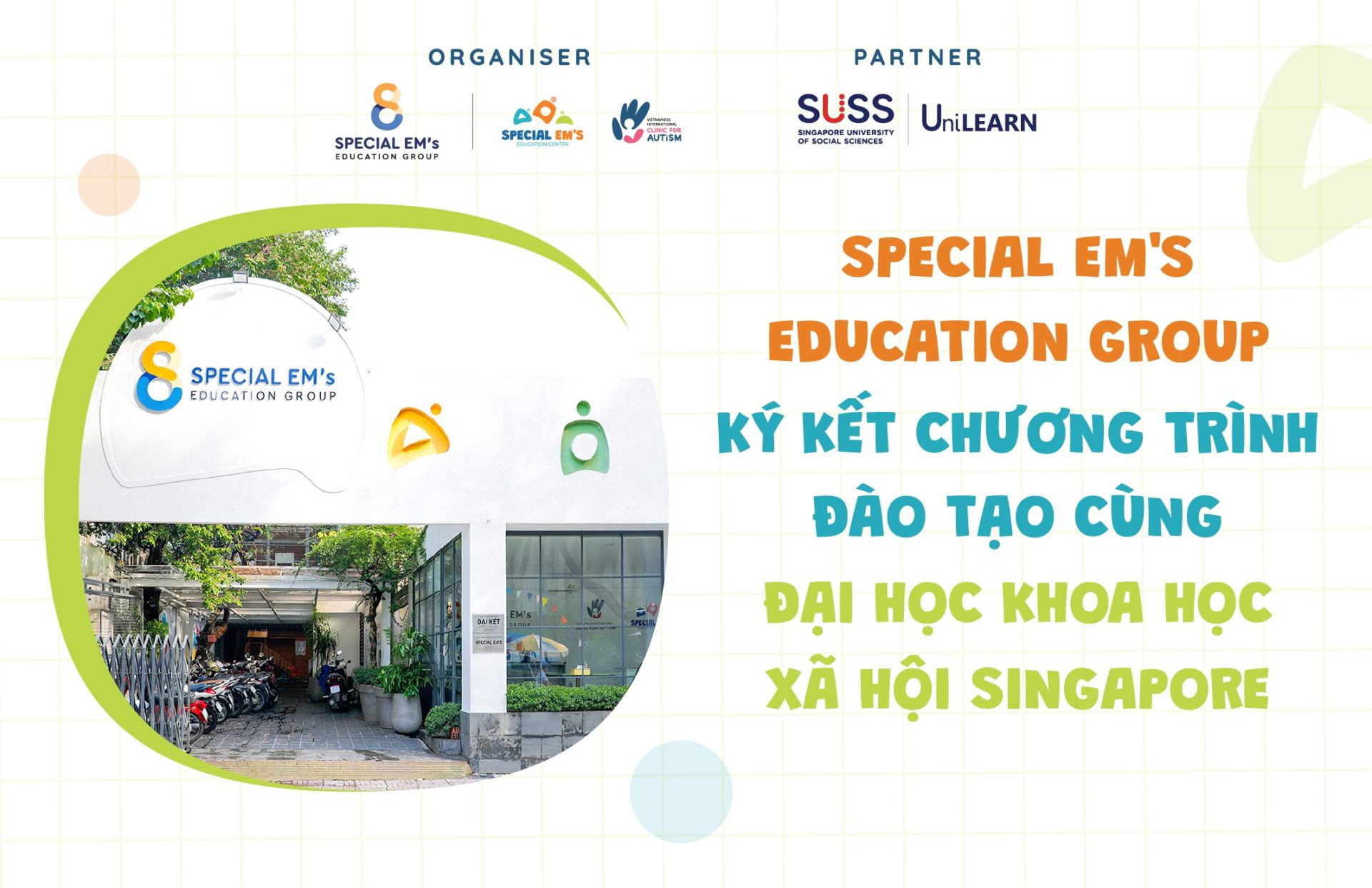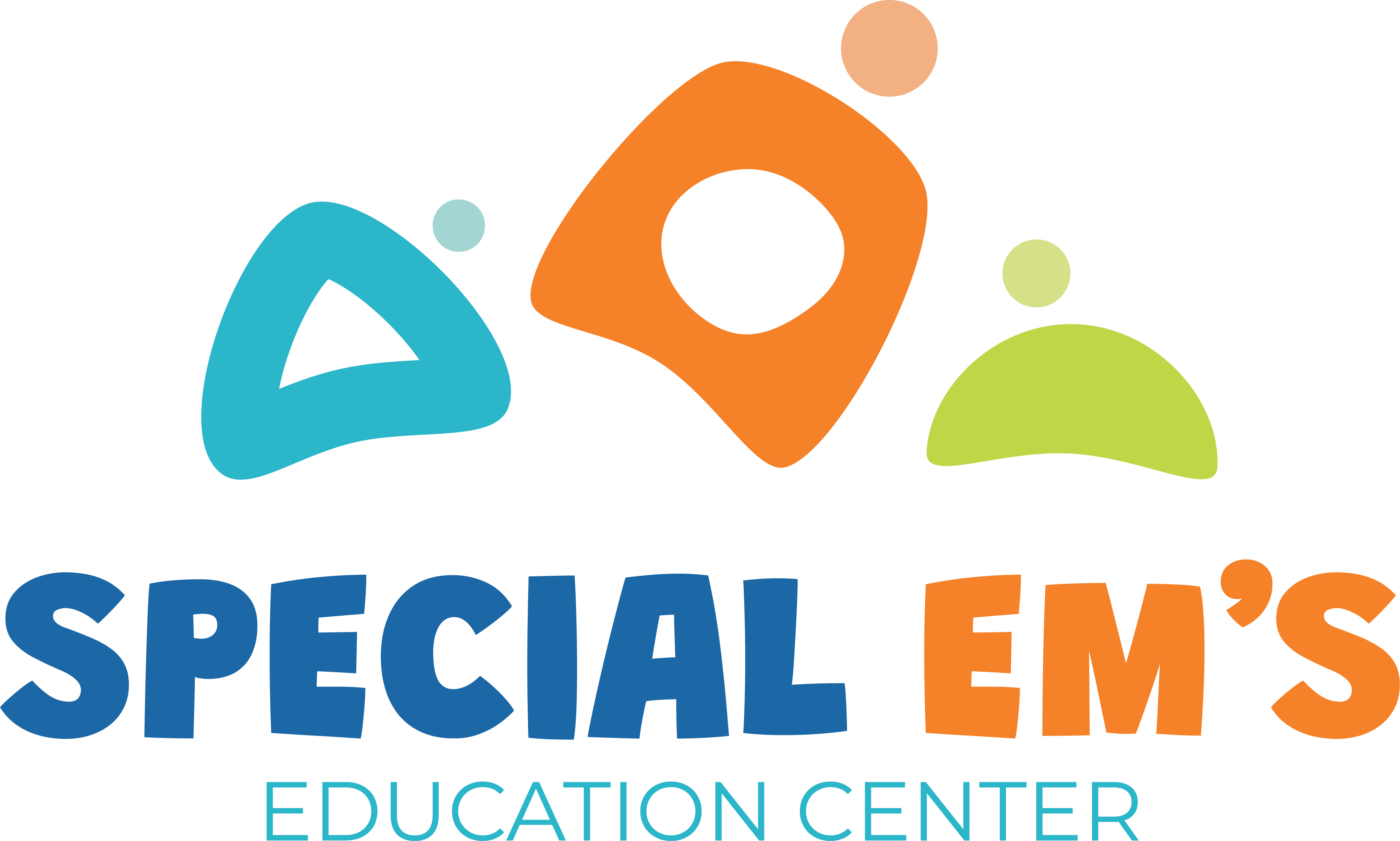May 23, 2024
10 tips for families when travelling with special child
Traveling is one of the best activities for children in summer. Families having special children may lack confidence to make their children change their environment and daily routines when travelling. However, traveling with autistic children can be a rewarding experience with the right preparation and mindset. Here are some tips to help ensure a smooth and enjoyable trip:
- Explore and plan ahead with a visual schedule specifically for the child.
- Prepare social stories with themes about various travel situations to practice with the child beforehand.
- Bring luggage that includes the child’s favorite toys, a tablet, noise-canceling headphones, and their favorite snacks to reduce stress.
- Utilize technology: Download game and sensory regulation apps for the child on a phone or tablet.
- Have a support information card ready for the child to wear in case of emergency.
- Try to maintain the child’s routine during the vacation as similar to their regular days as possible.
- Include breaks for the child to avoid overstimulation.
- Choose comfortable, suitable, and quiet accommodation and seating on trains or buses for the child; contact staff in advance to receive support throughout the journey.
- Upon arrival, give the child time to get acquainted with and explore the new environment.
- Be flexible and maintain a positive attitude throughout the trip.

PREPARATION
- **Research and Plan Ahead: **
– Research your destination and accommodation to ensure they are autism-friendly.
– Look for quiet areas, sensory-friendly attractions, and special accommodations for autistic individuals.
– Inform airlines, hotels, and restaurants about your child’s needs in advance.
- **Create a Visual Schedule: **
– Use pictures or symbols to create a visual itinerary for your child, so they know what to expect each day.
– Include pictures of the destination, transportation, activities, and meals.
- **Pack Familiar Items: **
– Bring along your child’s favorite toys, comfort items, and sensory tools (e.g., noise-canceling headphones, fidget toys).
– Pack snacks and familiar foods in case your child has dietary preferences or restrictions.
DURING TRAVEL
- **Practice Travel Scenarios: **
– Familiarize your child with the travel experience through role-playing or social stories. Practice going through security checks, boarding a plane, or riding in a car.

- **Use Identification: **
– Have your child wear an ID bracelet or carry an ID card with important information, such as your contact details and any medical information.
- **Maintain a Routine: **
– Try to keep a consistent routine with meals, naps, and bedtime to minimize stress and anxiety.
– Use a visual schedule to keep your child aware of any changes in routine
IN TRANSIT
- **Arrive Early: **
– Arrive at the airport, train station, or bus terminal early to allow extra time for check-in, security, and boarding.
- **Pre-Boarding and Seating: **
– Take advantage of pre-boarding options to settle in and get comfortable before the crowds arrive.
– Choose seating that suits your child’s needs (e.g., near a window, away from busy areas).
- **Keep Your Child Engaged: **
– Bring along activities to keep your child occupied during transit, such as tablets with headphones, books, puzzles, or coloring books.
– Use apps and games that your child enjoys and are easy to use on the go.
AT THE DESTINATION
- **Familiarize Your Child: **
– Upon arrival, take time to explore and familiarize your child with the new environment.
– Point out key areas such as bathrooms, quiet zones, and exits.

- **Plan Downtime: **
– Schedule downtime to allow your child to relax and recharge. Overstimulation can lead to meltdowns.
– Find quiet places or sensory-friendly areas where your child can retreat if needed.
- **Communicate with Staff: **
– Inform staff at attractions, restaurants, and hotels about your child’s needs. Many places are accommodating and can offer support.
### General Tips
- **Be Flexible: **
– Be prepared to change plans if something isn’t working. Flexibility can reduce stress for both you and your child.
- **Stay Positive and Patient: **
– Maintain a positive attitude and be patient. Travel can be unpredictable, and a calm demeanor can help reassure your child.
- **Use Technology: **
– Apps and GPS devices can help your child feel more secure and can provide entertainment and learning opportunities.
By preparing well and staying adaptable, you can create a positive travel experience for your autistic child and your whole family.

Wish your family will have a good trip and meaningful memory together!











